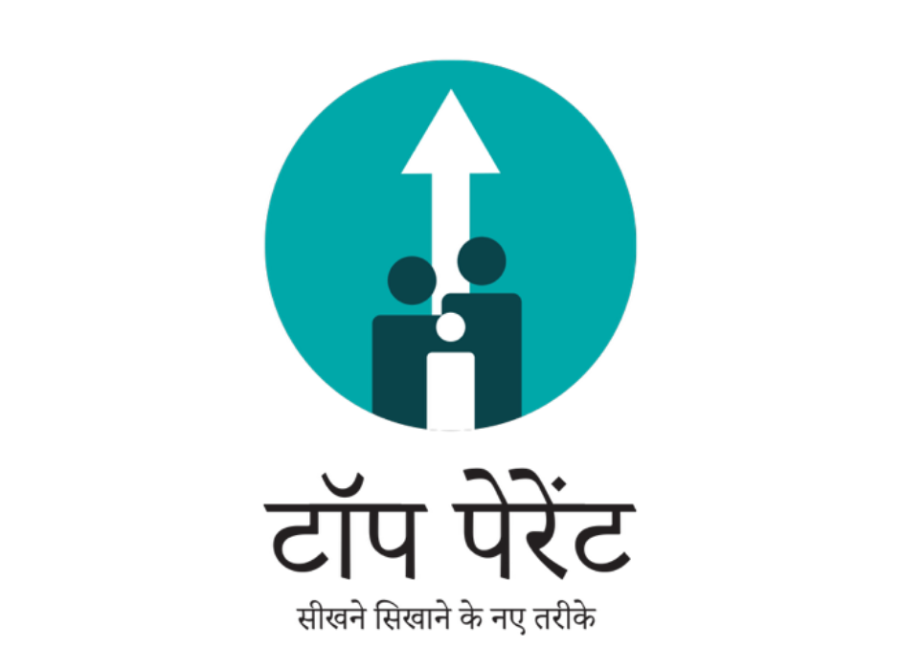
Top Parent App plans to use the award to further develop the app to impact low-income communities through EdTech solutions supported by proven early childhood development interventions via their learning engineering framework
Top Parent App today was named one of 30 winners in the Learning Engineering Tools Competition, a search for promising new education ideas, technologies and platforms. Top Parent App will receive a large prize award to further develop the app to impact low-income communities through EdTech solutions supported by proven early childhood development interventions via their learning engineering framework.
The competition supported by Schmidt Futures, Citadel Founder and CEO Ken Griffin, Walton Family Foundation, Siegel Family Endowment, Overdeck Family Foundation, and the Bill & Melinda Gates Foundation, and recognized 30 top players across the world. The competition was administered by Georgia State University and The Learning Agency.
Commenting on the recognition, Sashwati Banerjee, Founder and Director, Top Parent App, India, said, “The team is absolutely thrilled to receive this prize! It is a great reminder for us that individuals and organizations across the world resonate with our mission and are willing to support the same. We are beyond humbled by the global stage this competition has set us up on and are committed to making the most of it."
Winning teams include entrepreneurs, learning scientists, educators, and researchers from around the world. With missions ranging from accelerating literacy and math skills for K-12 learners to creating tools that will accelerate the learning science research process, the educational tools developed by the teams have the potential to impact over 4 million students by the end of 2022. According to estimates calculated by each team, more than 40 million students within the next three years will benefit from these tools.
“By leveraging key advances in computation, this group of winners will help solve some of our nation's biggest education problems," said Kumar Garg, the Vice President of Partnerships at Schmidt Futures. "It is energizing to work with organizations, which have the potential to dramatically improve outcomes for so many students at scale.”
The competition received more than 800 entries from 60 countries. The 30 winners come from institutions and organizations across North America, the Caribbean, Australia, South America, Europe, Asia, and the Middle East. Prizes range from $50,000 up to $250,000 per team. In addition, the winning teams will share insights from their work with external researchers to facilitate experimentation to improve learner outcomes and better understand student learning.
Prizes were granted to teams along four competitive tracks:
● Accelerate learning in elementary and secondary literacy and math
● Transform K-12 assessments in both cost and quality
● Facilitate faster, better, and cheaper learning science research
● Drive improvements in adult learning that boost middle class wages
For more details on the winning proposal from Top Parent App please visit https://www.topparent.org. A full list of winners and their projects can be found here.
This is the second year of the Learning Engineering Tools Competition. In 2021, the Tool Competition awarded $1.5 million to 18 teams around the world. Plans are already underway for another competition in 2023.
Tools Competition Background
The Learning Engineering Tools Competition 2021 consisted of three rounds of proposal evaluations and pitches before a panel of judges that included philanthropists, education technologists, teachers and researchers. The goal of the tools competition is to spur the development and deployment of technologies to maximize learning over time. The competition also aims to mitigate learning loss in K-12 students, reduce educational disparities experienced by students of color, and provide alternative higher education pathways for all adults, but particularly low-income workers.In order to be considered for a prize, each proposal had to address a pressing learning goal connected to one of four broad educational categories:
- Accelerated learning in literacy and math. Tools that help students achieve or exceed proficiency in grade-level literacy or math skills.
- Transform K-12 assessment in both cost and quality. Tools that improve the quality of assessment to better meet the needs of educators, students and families while reducing the time or cost to develop or administer them.
- Drive improvement in adult learning. Tools that increase effectiveness or reach post-secondary education or skill training to prepare adults for the changing economy.
- Facilitate faster, better, and cheaper learning science research. Tools that accelerate learning science research by facilitating A/B testing and RCTs, improving research design.







 IndianWeb2.com is an independent digital media platform for business, entrepreneurship, science, technology, startups, gadgets and climate change news & reviews.
IndianWeb2.com is an independent digital media platform for business, entrepreneurship, science, technology, startups, gadgets and climate change news & reviews.
ليست هناك تعليقات
إرسال تعليق